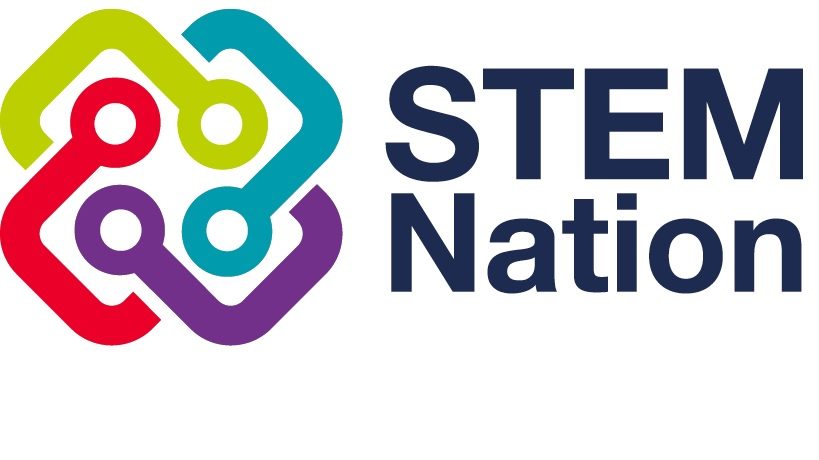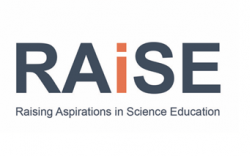March 30, 2021
by C. Gillespie
0 comments

Developing the Young Workforce (DYW) Orkney has granted funding for science kits for each of the islands’ schools.
The organisation awarded the Raising Aspirations in Science Education (RAiSE) programme £18,000 to purchase Meccano, coding creatures, minicomputers, toolkits, and workbenches.
These will be distributed to 19 schools, benefitting more than 1500 children.
Colin Nisbet, RAiSE Education Support Officer in Orkney, will deliver training to all schools on how to make the most of the resources, as well as developing resources to support learning experiences and opportunities. He said:
“This funding award is incredibly welcome. We want to bring STEM (science, technology, engineering and maths) to life for our learners. Educational toys and kits help to spark curiosity, ambition, and problem-solving skills in fun and accessible ways. I am going to work alongside our schools to offer training, advice, and ideas so we can get the most from these very valuable resources.”
In an effort to support the local economy, Colin has purchased the Meccano sets through Grooves in Kirkwall.
The sets will promote engineering through play, programming digital technology, and the use of tools. Local businesses will be profiled within the support materials and schools will be encouraged to connect with industry to bring these lessons to life even more.
Rachel Scarth, Project Manager, DYW Orkney, said:
“The DYW Orkney Board are very proud of our partnership and support of the RAiSE programme. We recognise that the development of STEM and digital skills is vitally important for the islands as we progress through a modern economy and we must be proactive in developing our young people for the future. Sparking confidence and excitement in these matters from a young age is a great way to do this.”
RAiSE, a programme of The Wood Foundation, Scottish Government, Education Scotland, and participating local authorities empowers primary teachers with the skills, networks, and confidence to develop and deliver motivating and engaging STEM learning experiences for children. More than half of Scotland’s local authorities have engaged and Colin has been in post focussing on the Orkney area for a year.






